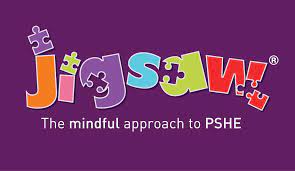PSHE
At Tannery Drift First School our Personal, Social, Health Education (PSHE) curriculum enables pupils to become happy, healthy, independent and responsible members of society. We aim to create a safe and inspiring place to learn, where children are respected, their talents are nurtured, and they are able to thrive. We embed these values in daily school life and give our children the best chance to lead happy, healthy lives and to be responsible, active citizens.
We strive to ensure that all children can build positive relationships with peers and adults and are prepared for the next stage in life. We provide the children with the opportunity to learn about rights and responsibilities and develop their self-worth by playing a positive role in school life and contributing to the wider community.

PSHE is taught both as a separate subject as well as through other curriculum areas. The PSHE sessions follow the Jigsaw scheme of work, which is based on mindfulness philosophy and practice and brings together, PSHE Education, emotional literacy, social skills and spiritual development in a comprehensive scheme of learning. It is designed as a whole school approach, with all year groups working on the same theme (Puzzle) at the same time. This approach provides structure and familiarity to children and supports their learning by reinforcing key themes. Half-termly units develop knowledge, skills and understanding in the areas of;
-
Being Me in My World
-
Celebrating Difference
-
Dreams and Goals
-
Healthy Me
-
Relationships
-
Changing Me
Every PSHE lesson, from Early Years up to Year 4, promotes:
-
Children’s Spiritual, Moral, Social and Cultural (SMSC) development and this is clearly mapped and balanced across each year group.
-
The five skills associated with the emotional literacy (self-awareness, social skills, empathy, motivation and managing feelings). We believe that these opportunities are vital for children’s development, their understanding of themselves and others and in increasing their capacity to learn.
-
Awareness of British Values of Democracy, Rule of Law, Individual Liberty, Mutual Respect and Tolerance of those of different faiths and beliefs.


